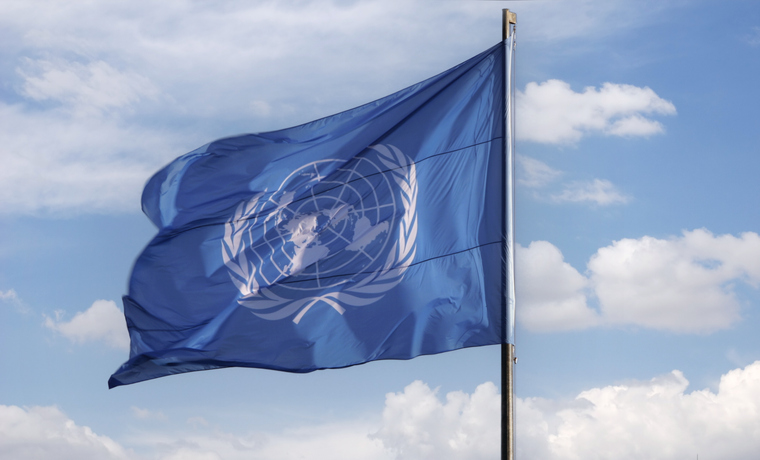On 24th October, the United Nations celebrates its 79th anniversary, marking the day in 1945 when the UN Charter came into force. This foundational document, ratified by a majority of signatories including India and the five permanent members of the Security Council, officially brought the UN into existence. Today, the organization boasts 193 member states and continues to play a crucial role in global governance.
However, in recent years, the UN’s ability to address emerging global challenges has been under scrutiny. Prime Minister Narendra Modi, during the September Summit of the Future at the UN headquarters in New York, emphasized the urgent need for reform in multinational organizations like the United Nations. He pointed out that such reforms are necessary for these institutions to remain effective and relevant in a rapidly changing world.
India, a strong advocate for reform, has consistently pushed for changes in the United Nations Security Council (UNSC). Ambassador Parvathaneni Harish, India’s Permanent Representative to the UN, recently reiterated India’s commitment to this cause, stressing the importance of the UN in addressing today’s challenges, such as climate change, and the need for the organization to evolve to meet current global needs.
The UN was founded with the goals of safeguarding peace, protecting human rights, and promoting social and economic progress. Over time, its mandate has expanded to address complex issues like climate change. However, questions remain about its ability to decisively tackle global conflicts and challenges, fueling the ongoing debate over the need for comprehensive reforms, especially within the UNSC.




















